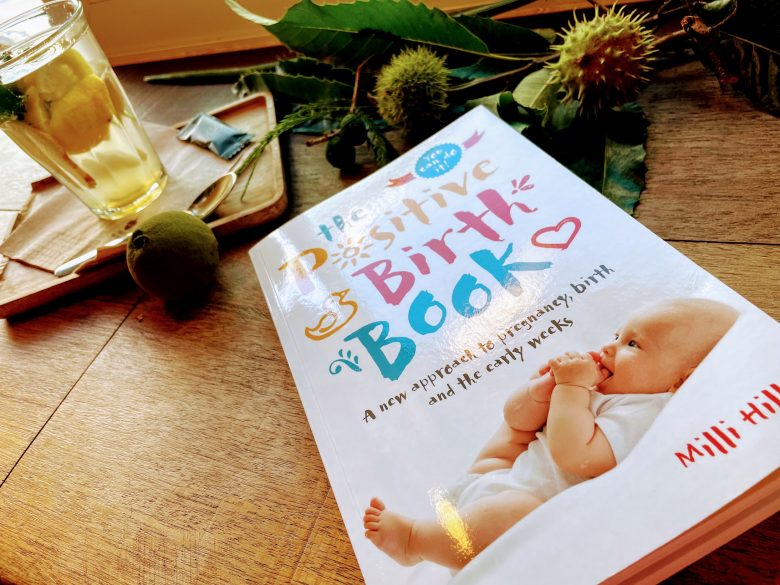One year or so ago, I discovered Milli Hill on the Deliciously Ella podcast. She was talking about her latest book (“Give birth like a feminist”) and found that her ideas resonated very much with my first birthing experience and my expectations. I loved the way in which she put women in the center of the birthing experience. Birthing is a tremendously important moment in our lives and can have a huge impact on our mental health and influence our parenting journey, particularly in the early days. I liked the way in which she advocated for a better and earlier information about birthing for women, for women to assert their right to decide the best course of action for their family, based on unbiased evidence-based information, in partnership with their caregiver. Ultimately, she was making the case for a humane birthing experience.
I thought “I want to read her books if I ever get pregnant again”… So, once the first 12 weeks of pregnancy were safely behind us), I diligently ordered a copy of her first book, “The positive birth book”.
This is an informative and empowering reading, particularly for first-time moms-to-be or mummies who are looking for ways to have more control over and improve on their subsequent birthing experiences. With exposure to the medical systems in three different countries on two continents, with different approaches and options offered to women to give birth, I found the book an especially useful read for women who give birth in traditionally highly medicalised or interventionist settings.
It can help ease a lot of the anxiety and fears first time moms-to-be experience. It challenges some of the common misconceptions and negative perceptions around birth. It is packed with research-based data, medical and birthing experts’ opinions and all kinds of personal birthing stories. Although rooted in the anglo-saxon ways of doing things, there are many important lessons that can be drawn to improve on birthing experiences of women everywhere.
I have a positive recollection about the birth of my son: a quick, natural birth, in an informal, quiet, cosy, non-medicalised setting, with a midwife who only made her presence known when absolutely necessary, my husband next to me. The book reinforced my belief that I had done the right things the first time around to help me birth my baby as I wanted and the wish that my second birthing experience resembles the first one. I noted down a few tricks for labour and preparation for labour looking at how I could improve on my first experience.
I definitely want to practice more and regularly (and starting much earlier) staying into the relaxed zone. I remember how difficult it was to stay relaxed and focused on breathing during the active phase of labour. I felt out of control of what was happening. I thought about making up my own affirmations and practicing one or two visualisations of my own (e.g talking to my baby, imagining moments together with baby and little gosling, cuddling, singing or reading together or just spending time outdoors). I would also like to try and be more present during labour, including active labout, taking mental notes of my sensations, for an accurate picture of my birthing story.
I will make sure to have the image of different birthing positions at hand and put a note to move more. During my first labour, I was quite static. This worked amazingly well for me during the first stages, being all relaxed, either sleeping or in the bathtub, listening to my relaxation tracks. The later stages were messy and although I tried a few different things, maybe, just maybe, moving around more (maybe dancing? :)))) and trying a richer variety of positions could render it more manageable.
More importantly, the book inspired me with two intentions (may be common sense to many, but not obvious to me):
- Be more assertive in my interactions with doctors/caregivers. Ask questions; discuss options and alternatives; ask for pros and cons. Not be afraid to say “no” or “I want to do things differently”, “I want to wait a while longer” if something does not feel right. One thing I would definitely be more inquisitive and assertive about is the idea of a possible induction or a membranes sweep. Little gosling was born at 41 weeks exactly, a few hours before a planned membranes sweep which we had accepted without much questioning, but very anxiously, purely trusting our midwife.
- Stay open-minded and flexible about the way in which birthing could go. If my plan A cannot happen (a natural, full-term, non-medicalised birth), there are ways to make other courses of action more palatable. I intend to prepare myself as much as possible, so as to have a birthing experience that I can feel good about and remember without angst.
